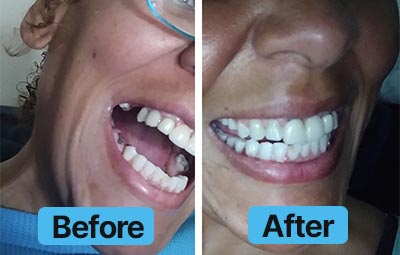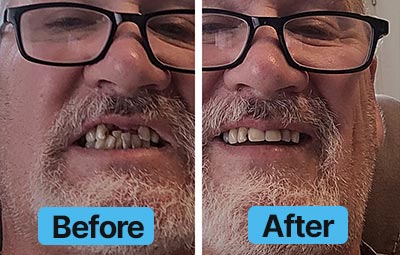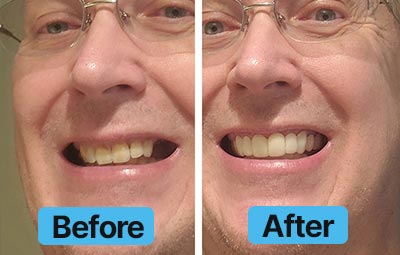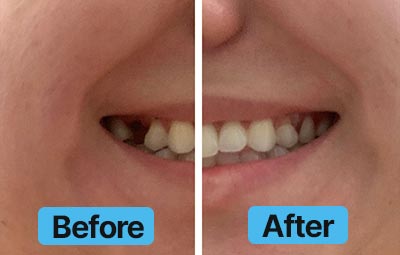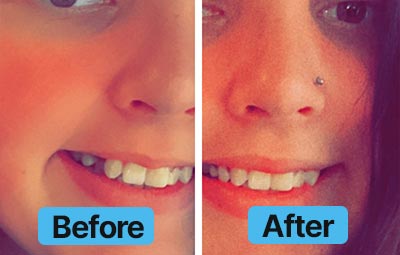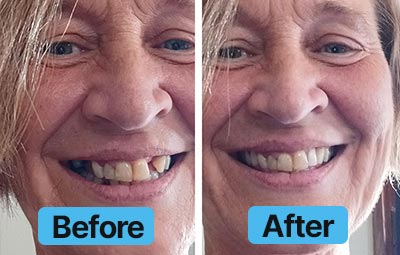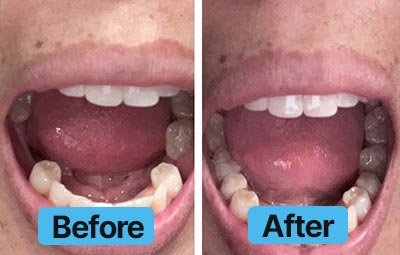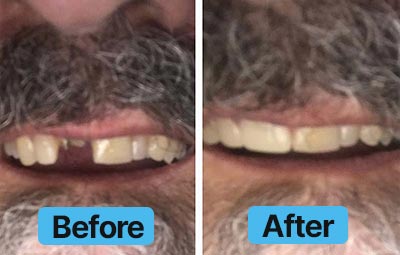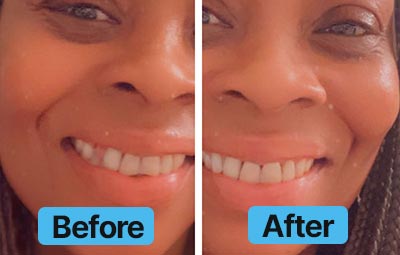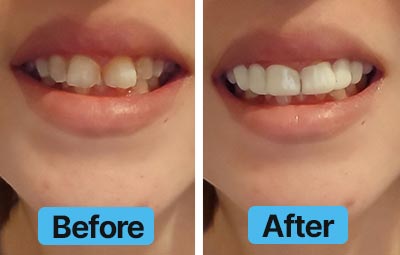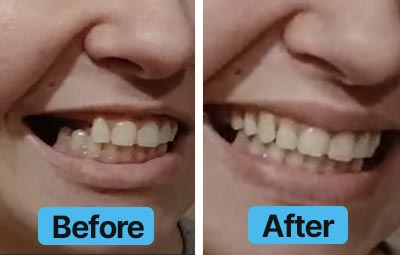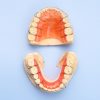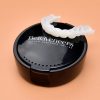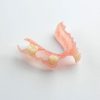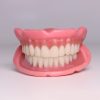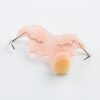As much as we’d like them to, dentures don’t last forever. While they are durable medical devices, over the years dentures undergo wear and tear, plus, your mouth changes too. Wearing old dentures or using damaged dentures can expose you to several hidden risks.
Many people understandably become attached to a denture that “has served them well” and hesitate to replace it. Others might not realize their denture has become ill-fitting or is harboring bacteria. But continuing to wear an old denture can harm your oral health in ways you might not expect.
When Should You Replace Old Dentures?
The American Dental Association recommends having dentures checked if they are over 5 years old, even if they seem okay. Anything over 10 years old is a clear age to replace them. Beyond that point, several issues tend to crop up.
How Dentures Change as They Get Older
Dentures go through gradual changes over time, and so does your mouth.
The acrylic base of the denture can develop tiny cracks and pores from years of use. And while these microscopic crevices may not be visible, they can still house a ton of harmful bacteria and fungi.
Not to mention, old dentures often become rough on the surface, which makes them harder to keep clean.
The denture teeth themselves also wear down after years of chewing. If you compare an old denture to a new one, you’ll likely see the teeth have flattened, which will eventually negatively alter your bite. You might even start having trouble biting through foods you used to eat easily.
Meanwhile, your gum ridge and jawbone are slowly shrinking under the denture. And yes, this is a natural process after tooth loss. But that also means that an old denture that once fit well might now be loose because the underlying bone has resorbed.
As a result, you might notice the denture now moves or doesn’t seal as well as before. Many denture wearers unconsciously adjust to this by using more adhesive or avoiding certain foods, but it’s a sign the denture no longer matches your anatomy.
If a denture has been relined too many times or has been repaired frequently due to cracks, it’s also more prone to further breakage.
Long story short, as dentures age, they fit and function less and less like they did when new.
Oral Health Risks of Worn-Out or Damaged Dentures
Old Dentures Can Cause Gum Irritation
One of the biggest hidden risks of old or ill-fitting dentures is chronic gum irritation and inflammation.
A loose denture will rub against the gums, creating friction, and over time, this can cause sore spots or even callus-like overgrowths on the tissue. More on how to manage sore spots here.
Constant irritation may also lead to a condition called epulis fissuratum, where the gum tissue overgrows in response to the denture’s rubbing.
Even more concerning, consistent inflammation under an old denture can make you more susceptible to infections. Denture-related stomatitis (a yeast infection of the mouth) is often found in people with dentures that fit poorly or aren’t cleaned well. Old dentures are commonly associated with denture stomatitis because the rough, aged surface gives Candida yeast lots of places to hide.
You’ll Experience More Bone Loss with Old Dentures
Old or damaged dentures can also speed up bone loss in your jaw. This is a risk many people don’t realize.
A well-fitting denture distributes the pressure of chewing evenly across the gums and bone, but if a denture is loose, or only touches in a couple spots, those areas of the bone get excessive pressure and can resorb faster.
Additionally, if you’ve been using an old denture with an improper bite, your jaw may be closing farther than it used to because the teeth are worn down. It can lead to jaw joint strain or pain (TMJ issues) and an accelerated “sunken” look as the vertical dimension of your face decreases.
And yes, you read that right. An outdated denture could be contributing to bone shrinkage and facial aging.
Poor Nutrition Due to Old Dentures
If you have worn dentures, you probably aren’t chewing your food as effectively. One sign is cutting everything into tiny pieces or sticking to a soft diet, not by choice but by necessity.
You might even start avoiding healthy foods like fruits and vegetables, or meat, because they’re hard to chew with dull denture teeth or a loose plate.
Researchers have found that denture wearers with ill-fitting prosthetics tend to have lower intakes of fiber and protein. After a few years, this dietary limitation can lead to nutritional deficiencies. We have a guide to help you eat with dentures if you need.
When to Replace Your Dentures
Have your dentures reached the end of its useful life? Here’s some signs that they likely need to replace:
- Do you have sore spots constantly?
- Are you experiencing pain when you chew food?
- Is there a noticeable looseness, and do you have to rely on dental adhesives to keep them in place?
- Can you see visible wear and tear (like hairline cracks or chipped or flattened teeth)?
- Do you have chronic bad breath despite cleaning your dentures regularly?
- Have you noticed any changes in facial appearance?
- Have you had your dentures for more than 5-7 years?
It’s Time to Replace Your Old Dentures
Old dentures come with hidden risks, from mouth infections to nutritional deficits to bone loss. It might not be obvious at first, but that’s because dentures usually don’t just break overnight; the decline is gradual. The safest course for your oral health is to keep your denture up-to-date.
Investing in a new set (whether you need full dentures or partial dentures) will pay off in comfort, health, and peace of mind. So check us out at Dental Lab Direct today. Your smile and gums will thank you!
 60 DAY warranty on all custom-made products | 1,000+ 5 Star ★★★★★ Reviews
60 DAY warranty on all custom-made products | 1,000+ 5 Star ★★★★★ Reviews

